Web Link The World Health Organization (WHO)
The World Health Organization (WHO) is a specialized agency of the United Nations that acts as a coordinating authority on international public health. Established on 7 April 1948, with headquarters in Geneva, Switzerland, the agency inherited the mandate and resources of its predecessor, the Health Organization. The organization develops and promotes the use of evidence-based tools, norms and standards to support Member States to inform health policy options. The Regional Office for Africa (WHO AFRO) worked closely with AU-IBAR in the execution of SPINAP to develop strategies and approaches for capacity building on IDSR/IHR implementation and establishment of virtual regional response teams to public health emergencies. WHO has also been instrumental in the development of the IRCM and is working closely with AU-IBAR and other technical organizations on its work, including promotion of the One Health agenda in Africa.
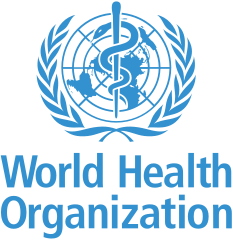
The Food and Agriculture Organization of the United Nations (FAO)
The Food and Agriculture Organization of the United Nations (FAO) is a key player in emergencies. Its focus is on food production and agriculture, reflecting its specialization and responsibility within the United Nations family. Assisting in preventing disaster-related emergencies, providing early warnings of food emergencies and helping in rehabilitation of food production systems are FAO's predominant roles in humanitarian aid. .
FAO has partnered AU-IBAR for the implementation of several projects including PARC, PACE, SERECU, SOLICEP, Vet-Gov, IRCM, Fisheries and Genetic resources among others
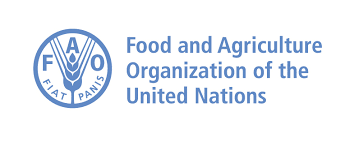
The Department for International Development (DFID)
The Department for International Development (DFID) was set up in 1997 making fighting world poverty its top priority. Among its key objectives, DFID set out to make global development a national priority and promote it to audiences in the UK and overseas, while fostering a new 'aid relationship' with governments of developing countries.
British Aid supported the early work of AU-IBAR – notably JP15, PACE and CAPE.
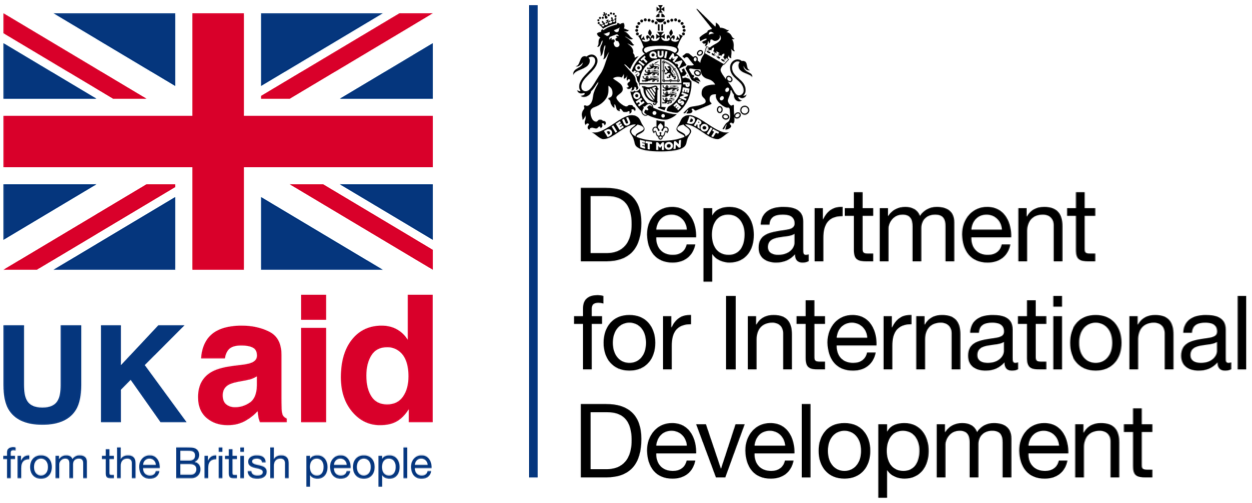
The Danish International Development Agency (DANIDA)
The Danish International Development Agency (DANIDA) is Denmark's development cooperation agency, which is an area of activity under the Danish Ministry of Foreign Affairs. Denmark's development policy aims to contribute to reducing global poverty and helping people to take charge of their own destiny.
DANIDA, though the Danish Embassy in Kenya, has been a long term and principal funder for the Sheikh Technical Veterinary School and Reference Centre (STVS).
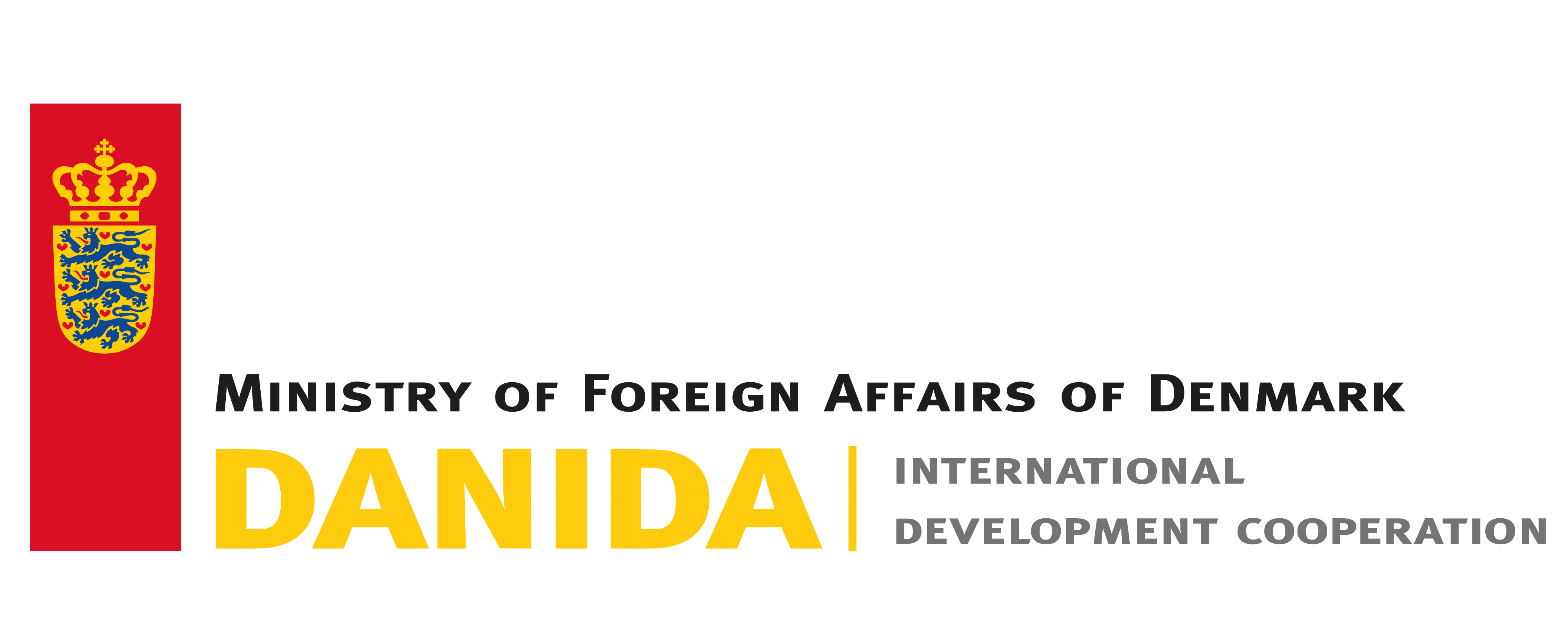
World Bank (WB)
The World Bank provides financial and technical assistance to developing countries around the world with a mission to fight poverty for lasting results and to help people help themselves and their environment by providing resources, sharing knowledge, building capacity and forging partnerships in the public and private sectors.
The World Bank is a contributor to the AU-IBAR SPFIF and ALive programmes.
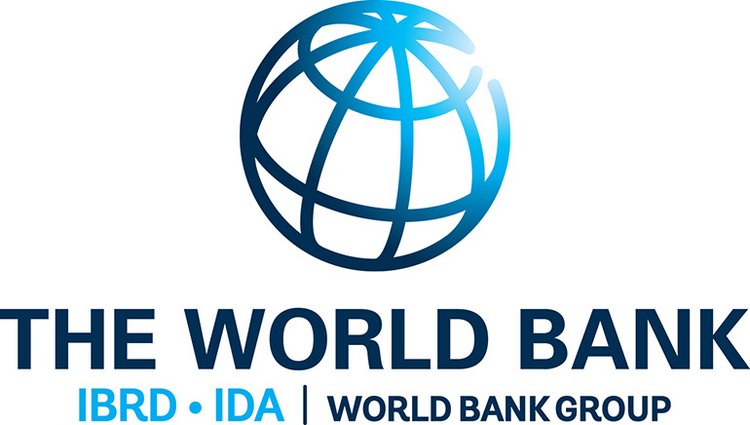
The Deutsche Gesellschaft für Internationale Zusammenarbeit (GIZ)
The Deutsche Gesellschaft für Internationale Zusammenarbeit (GIZ) GmbH is a federal enterprise that supports the German Government in achieving its objectives in the field of international cooperation for sustainable development
GIZ, before GTZ, was contracted by AU-IBAR to assist with Expertise and Logistic in PACE for the period 2002 – 2005. GTZ has also contributed to the funding required for AU-IBAR to maintain the operations of the ALive secretariat. From 2007 onwards GIZ provided, through CIM (Centre for International Migration and Development, GIZ and Ministry of Labour) two experts in the area Communication and Finance Management.

The United Nations Development Programme – Global environment Facility (UNDP-GEF)
The United Nations Development Programme – Global environment Facility (UNDP-GEF), founded in 1991, supports countries in addressing development, climate, and ecosystem sustainability in an integrated manner. As a GEF Implementing Agency, UNDP-GEF offers countries highly specialized technical services for eligibly assessment, programme/project formulation, due diligence, mobilization of required co-financing, project implementation oversight, results management and evaluation, performance-based payments and knowledge management.
UNDP-GEF has funded the DLWEIP and is currently funding the Strategic partnership for sustainable fisheries management in the large marine ecosystems in Africa (SPFIF, PROGRAM).
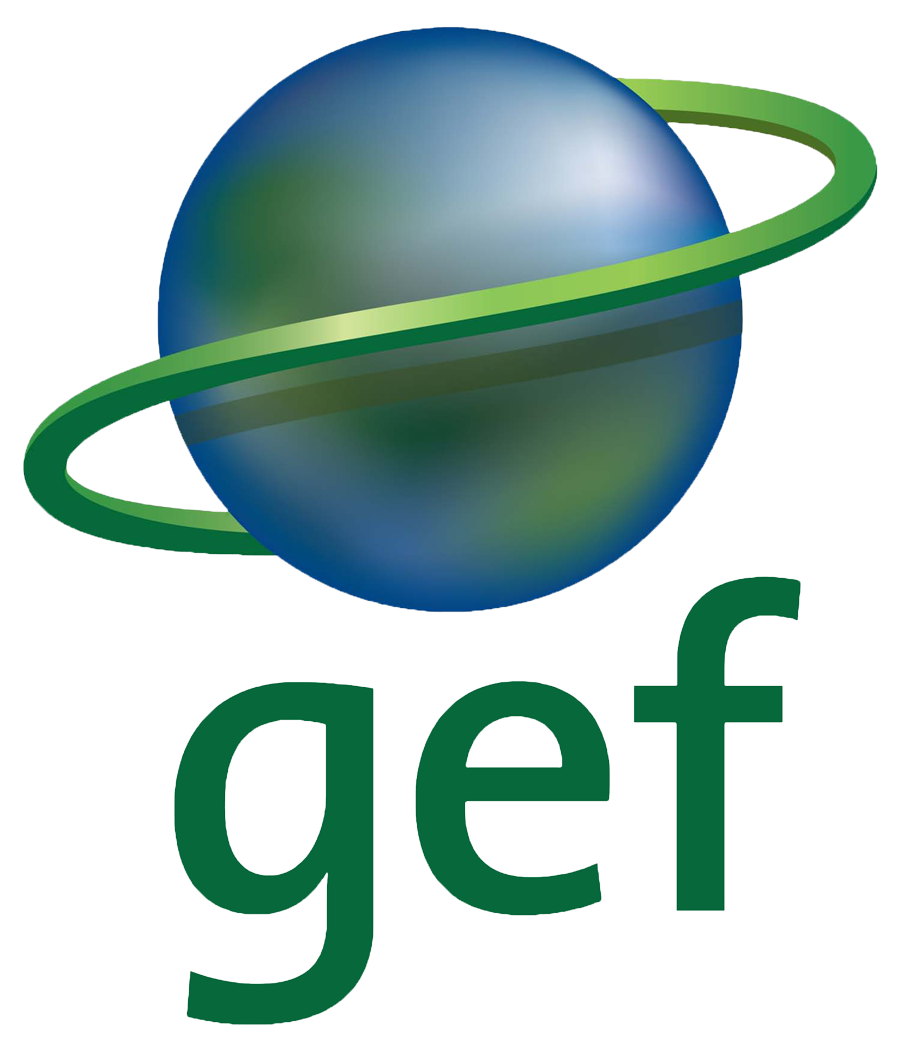
French Aid (AFD)
The Agence Française de Développement (AFD) Group funds, supports and accelerates the transition to a fairer and more sustainable world. Focusing on climate, biodiversity, peace, education, urban development, health and governance, our teams carry out more than 4,000 projects in France’s overseas departments and territories and another 115 countries.
French bilateral Aid, through the Ministry of Foreign Affairs and the French Development Agency, is an historic partner of AU-IBAR. During the Rinderpest eradication era, French technical assistants have been seconded to the PARC and PACE projects. Between 1998 and 2002, the French Ministry of Foreign Affairs also funded RALEA (Regional Action for Livestock in East Africa), targeting mainly dairy and poultry sectors. Since 2006, French Aid, through the French Ministry of foreign affairs initially, and through the French Development Agency since 2009, is seconding a technical assistant to AU-IBAR, who provides strategic support to the institution.
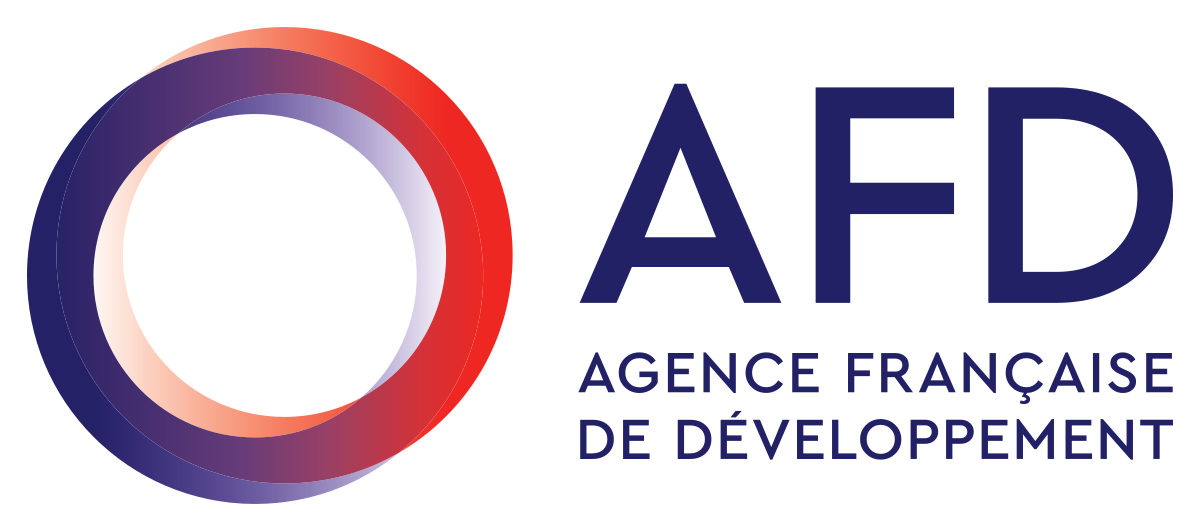
The African Development Bank (AfDB)
The African Development Bank (AfDB) Group's mission is to help reduce poverty, improve living conditions for Africans and mobilize resources for the continent's economic and social development. With this objective in mind, the institution aims at assisting African countries – individually and collectively - in their efforts to achieve sustainable economic development and social progress. Combating poverty is at the heart of the continent's efforts to attain sustainable economic growth. To this end, the Bank seeks to stimulate and mobilize internal and external resources to promote investments as well as provide its regional member countries with technical and financial assistance.
Support by AfDB to the AU-IBAR includes funding for ERSCA and ALive.
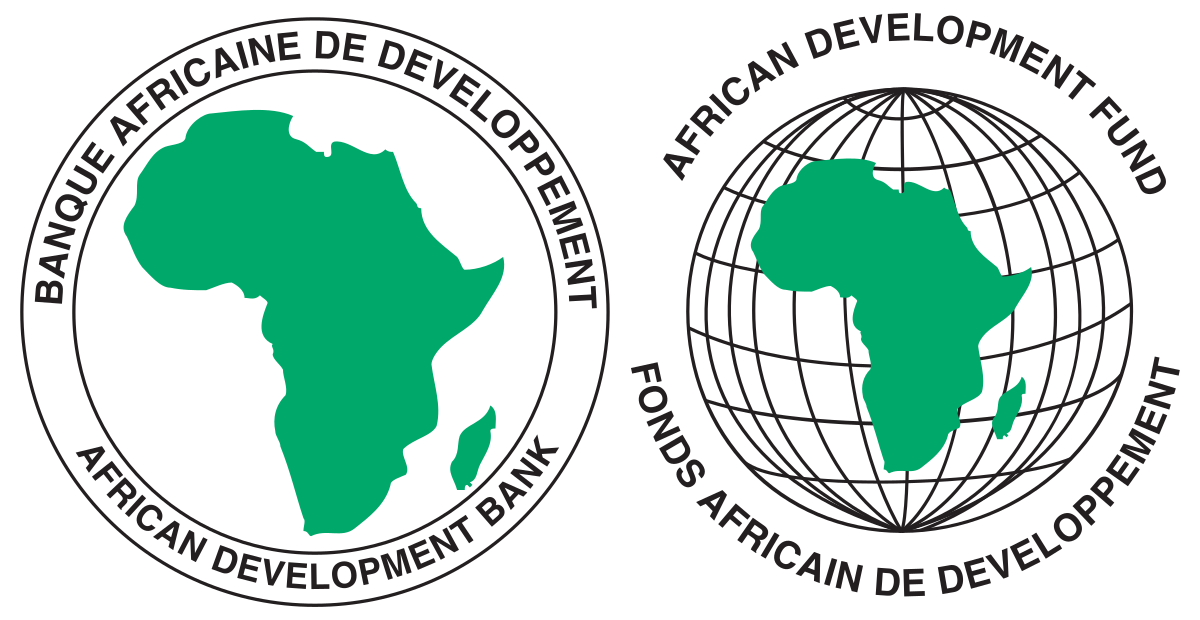
United States Agency for International Development (USAID)
The United States Agency for International Development (USAID) is the principal U.S. agency to extend assistance to countries recovering from disaster, trying to escape poverty, and engaging in democratic reforms. The Agency carries out U.S. foreign policy by promoting broad-scale human progress at the same time it expands stable, free societies, creates markets and trade partners for the United States, and fosters good will abroad.
USAID has funded a number of projects and programmes undertaken by AU-IBAR including JP15, PLP, ARIS, PLP HIV/AIDS, NEPDP, EDRSAIA, SMP-AH and ALive. USAID is working closely with AU-IBAR in the promotion and capacity building on One Health through a collaborative arrangement between IRCM and RESPOND.
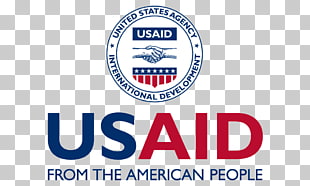
European Union (EU)
The European Union (EU) is an economic and political union of EU 27 member states. The body is responsible for proposing legislation, implementing decisions, upholding the Union's treaties and the general day-to-day running of the Union. The EU also manages the European Development Fund (EDF) and other financial sources to finance European and ACP development cooperation.
The EU has been a major donor partner of AU-IBAR since 1962 funding projects and programmes that includes: JP15, PARC, PACE, SERECU, AWVP, FITCA, ARIS, STVS, SPINAP-AHI, SOLICEP, PAN-SPSO I and II, LEISOM, L4LP, ALive, IRCM and VET-GOV.

